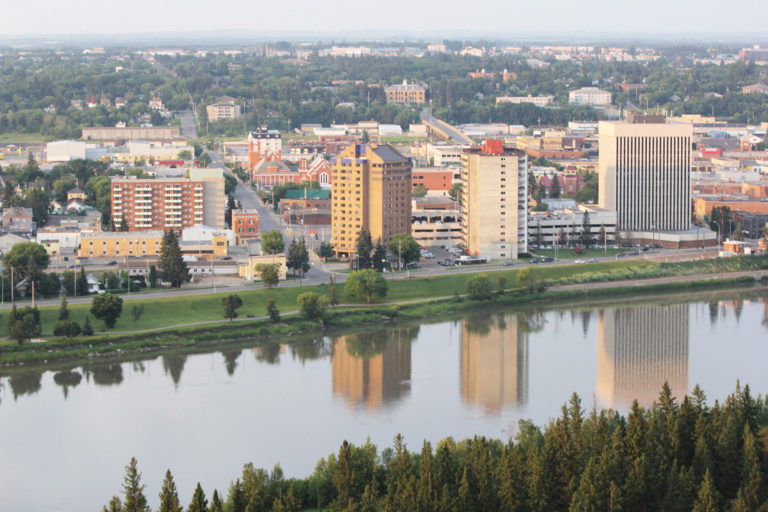
The first stage of the West Hill Trunk Sewer Main Project will go ahead in 2020, but only by the slimmest of margins.
Council voted 5-4 to keep the $4 million project in the 2020 budget. The City will have to take out a loan to pay for the work, with principal and interest repayments coming out of the Development Levies Reserve.
The project was a priority for city administrators, who said West Hill’s current sewer line is already operating at a 96 per cent capacity. Mayor Greg Dionne said that figure was enough to convince him to vote in favour of the project. He found it surprising that so many on council remained unconvinced.
“The day is coming when that line is going to give away on us, and then who knows what the cost is going to be,” Dionne said during the meeting. “We’re going to lose sewer to a quarter of our city, and I don’t know how long it will take us to get back up. I think, when you’re at 96 per cent, you’re pushing you luck. If it was at 86 per cent or 76 per cent, I’d agree with you, but at 96 per cent, we’ve got four per cent leeway (and) to me that’s not enough. We’ve been putting it off and pushing our luck and I’m not prepared to do that.”
Most of the main sewer line running through West Hill was built in 1910, and city administration says it already requires regular dredging every winter to keep it running. More than 2,800 meters of sewer line will be replaced during the first stage alone.
“Trunks are not designed to be at 96 capacity,” Capital Projects Manager Nycole Miller told council. “Every winter we have to dredge this line just to keep it functioning as it is. It has been included in the budget for the last number of years and has been passed on and each year. It’s critical.”
Miller added that a cave-in or a collapsed pipe would end sewer service to the west half of the city.
Public Works Director Wes Hicks echoed those comments. He said it would be extremely difficult to accommodate any new developments in the southwest part of the city without building a new line.
“We’re pretty close to capacity now,” he told council. “We can’t go south or west without an additional trunk main. For instance, if a new hospital was built we’d need to accommodate it with this trunk main.”
Hicks added that public works would still need to dredge portions of the sewer line to keep things moving, however building a second line would greatly reduce the need.
Council members who opposed the project weren’t convinced the need was as urgent as council and administration made it out to be.
Ward 6 Coun. Blake Edwards was the most vocal opponent of the project. He wasn’t happy with how much interest the city would pay on their loan, and argued residents were willing to put it off one more year to keep costs down. Principle and interest repayments would cost the city roughly $234,000 per year. Administration estimates it would take over 25 years to repay the loan.
“From residents that I’ve talked to, they’re willing to put up with the dredging and the machines that are sitting there, rather than spending an extra million,” he said.
Edwards argued council should delay the project a year because the biggest development, a replacement for Victoria Hospital, wasn’t going to be built before 2021. Other proposed projects that will tie into the West Hill line include the Rose Garden Hospice, and a $15 million luxury hotel currently under construction. Administration said the entire first phase of the project could be completed in one construction year.
When asked after the meeting about delaying the project, Dionne said it was too much of a risk, and added that he wanted the project finished before any announcement about a new hospital.
“We keep putting it off and putting it off,” he said in an interview after the meeting. “Well, I’m afraid one day that pipe’s going to collapse on us and boy, the money that we’re going to spend then is going to be crazy.”
City administrators applied for federal funding to help pay for the project, but their application wasn’t accepted. Once the second phase is included, the project’s total cost will rise to more than $8 million.
